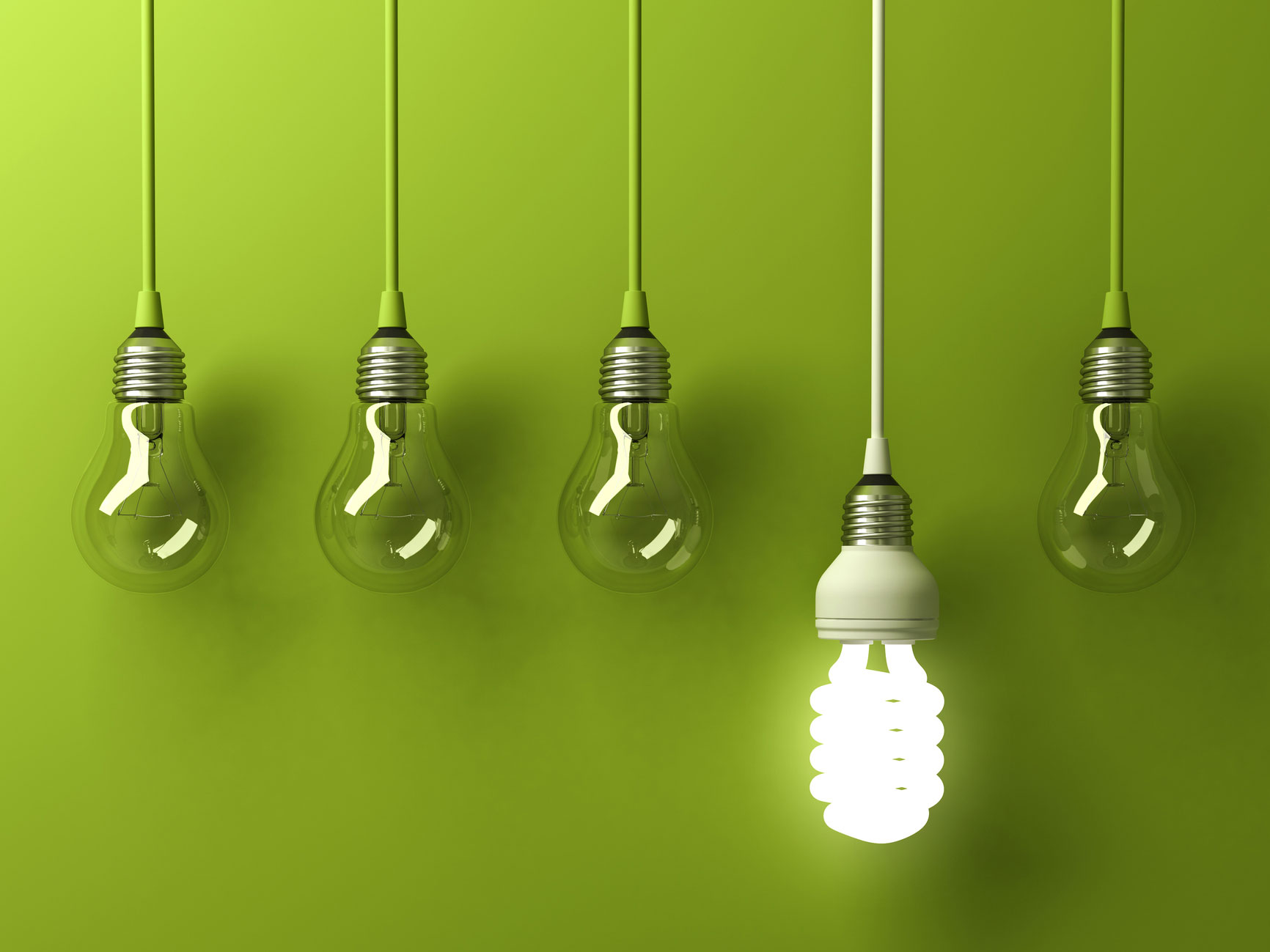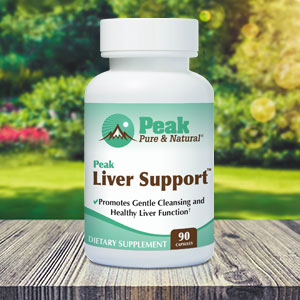Get Easy Health Digest™ in your inbox and don’t miss a thing when you subscribe today. Plus, get the free bonus report, Mother Nature’s Tips, Tricks and Remedies for Cholesterol, Blood Pressure & Blood Sugar as my way of saying welcome to the community!
Don’t get greenwashed into using healthy or eco-friendly products that aren’t

We all like to think that we’re smart consumers, right?
I know I do. I mean, I’m no fool when it comes to reading labels and avoiding artificial ingredients in my food.
I avoid most cosmetics since many of them are full of toxic heavy metals like cadmium, lead, and aluminum.
And, like most health-conscious consumers these days, I know that it’s probably best to avoid bottled water since the chemicals hiding in those plastic bottles can damage my thyroid and increase my diabetes risk.
I like to think that I’m immune to the influences of advertising and that I can see through false claims in order to protect my health.
But I also know that corporations are pretty slick when it comes to using psychology on me.
Their job, after all, is to bypass the “DANGER!” sign that’s flashing in my brain, to get me to buy their products, and to make me feel good about doing it. And they’re pretty darn good at their job.
There’s a term for this sort of brainwashing, and it all started with a surfing trip to Samoa.
Selling poison while posing as “environmentally friendly”
In 1983, Jay Westerveld was a college undergraduate with nothing more on his mind than a surfing vacation in Samoa when he saw a sign in a beachfront hotel urging guests to pick up their towels.
The sign implied that, by doing so, they would help the resort to reduce its impact on nearby coral reefs.
But while it claimed to be protecting the island’s ecosystem, the hotel was also in the middle of building more bungalows and adding to their footprint on the island.
Back at school after his vacation, Westerveld wrote a term paper where he called the hotel out on this double standard, saying that “it all comes out in the greenwash.” The word stuck. It later was included in the Oxford English Dictionary.
When a company covers up its questionable environmental record with distracting claims, dramatic advertising or just by leaving out important information, it’s now known as greenwashing.
A few examples of this practice:
- General Electric’s 2005 “Ecomagination” effort, described on the company’s website as a “groundbreaking strategy” to “build more efficient machines that produce cleaner energy.”Unfortunately, they launched this campaign at the same time they were taking legal action to avoid cleaning up the 1.3 million pounds of cancer-causing, thyroid-disrupting PCBs they had dumped into the Hudson River for thirty years.
- Kentucky Fried Chicken committed to donating fifty cents from every bucket of chicken sold to the Susan G. Komen Breast Cancer Foundation.At the same time, they launched their “Double-Down” sandwich containing 32 grams of fat. A study linked a high-fat diet to dramatically higher mortality rates for women with breast cancer.
- And in a classic case of misdirection, Home Depot offers stations where customers can recycle their compact fluorescent lights and plastic bags. But the store continues to sell billions of dollars worth of paint containing volatile organic compounds (VOCs). Breathing fumes with VOCs can lead to liver, kidney and nervous system damage.
The “greenwashing” of bottled water
Nowhere does greenwashing try to fool us more than in the case of bottled water.
The array of waters on your grocer’s shelves is truly mind-boggling. Can there really be that many different kinds of water?
The crucial factor about bottled water, more than what country it comes from, is the container it’s in. And most bottled water comes in plastic.
While bottled water companies run ads featuring pristine mountain lakes and rugged mountains, the plastic it’s bottled in is hazardous to your health.
Even bottles that are “BPA free” (bisphenol-A) have only replaced that dangerous endocrine disruptor with something else just as troublesome: Bisphenol-S has been shown to speed up embryonic development and disrupt the reproductive system.
How not to get “greenwashed”
As a consumer, the best way not to get greenwashed is to educate yourself. Which companies are truly “green,” and which want to appear that way in order to make a better profit?
The environmental group Greenpeace has a few suggestions.
Look for “ad bluster,” or exaggerating green achievements and downplaying or hiding environmentally unfriendly practices or lobbying efforts. The website opensecrets.org lets you search a company’s lobbying history.
Look for claims that brag about an action that is already required by law. For example, if an industry has been forced to change a product or clean up pollution, they shouldn’t be making it seem like it was a proactive step.
Finally, use ecolabelindex.com to find out who is actually behind those “environmentally friendly” claims on product labels.
Editor’s note: Have you heard of EDTA chelation therapy? It was developed originally to remove lead and other contaminants, including heavy metals, from the body. Its uses now run the gamut from varicose veins to circulation. Click here to discover Chelation: Natural Miracle for Protecting Your Heart and Enhancing Your Health!
Sources:
- The troubling evolution of corporate greenwashing — The Guardian
- How Can Consumers Find Out If a Corporation Is “Greenwashing” Environmentally Unsavory Practices? — Scientific American
- The Failure of Chevron’s New ‘We Agree’ Ad Campaign — The Atlantic
- Fluorene-9-bisphenol is anti-oestrogenic and may cause adverse pregnancy outcomes in mice — Nature Communications














